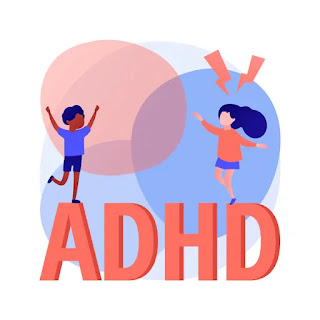Key Areas Covered:
1. The Gut-Brain Connection: How Diet Impacts ADHD
- The role of omega-3 fatty acids, zinc, iron, and magnesium in brain function.
- Foods to include (e.g., fatty fish, leafy greens, nuts, seeds) and foods to avoid (e.g., processed sugars, artificial additives).
- The importance of a balanced gut microbiome for mental health.
2. The Power of Protein and Complex Carbs
- How protein stabilizes blood sugar and supports neurotransmitter production.
- Why complex carbohydrates (like whole grains) are essential for sustained energy and focus.
3. Lifestyle Habits That Support Brain Health
- The role of regular physical activity in reducing hyperactivity and improving concentration.
- The importance of sleep hygiene and its impact on ADHD symptoms.
- Mindfulness practices, such as meditation and yoga, to improve attention and emotional regulation.
4. Environmental Factors and Toxins
- How reducing exposure to environmental toxins (e.g., lead, pesticides) can lower ADHD risk.
- The impact of screen time and digital overload on attention spans.
5. Practical Tips for Families and Individuals
- Meal planning ideas to support brain health.
- Daily routines and habits that promote focus and calm.
- When to seek professional guidance for nutrition and lifestyle changes.
By making intentional choices about what we eat and how we live, we can create an environment that fosters mental clarity, emotional balance, and overall well-being. Whether you’re a parent looking to support your child’s development or an adult seeking to optimize your brain health, this guide offers actionable steps to help prevent ADHD and enhance your quality of life.
While there’s no guaranteed way to prevent ADHD, a holistic approach to nutrition and lifestyle can significantly reduce risk factors and improve symptoms. By prioritizing brain-healthy foods, regular exercise, and mindful habits, you can take proactive steps toward a more focused and balanced life.
Let’s empower ourselves with the tools to thrive!

Comments
Post a Comment